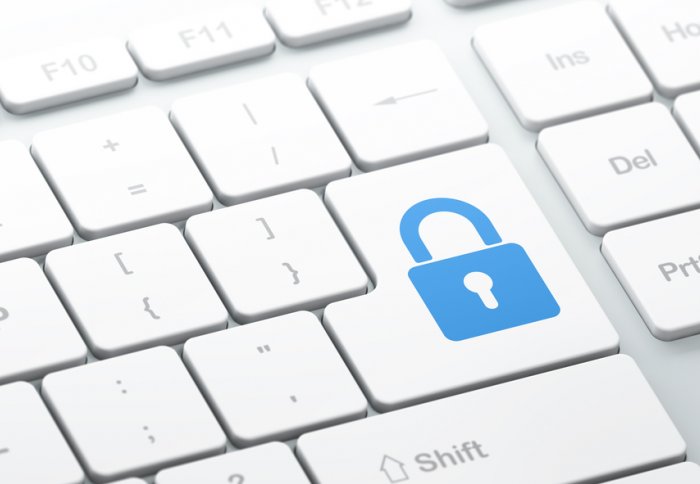Testing the resilience of the UK’s infrastructure from cyber-attacks and sharing data safely is the focus of two new Imperial projects.
Two research teams from Imperial College London, with collaborators in Singapore, have received funding from the Engineering and Physical Sciences Research Council and the National Research Foundation, Singapore. As the digital world becomes more connected and ubiquitous, these three-year long projects will help to ensure that cyber security develops in step with changes in technology and with emerging threats
One project will investigate new approaches for making infrastructure, such as the electricity grid and water utilities, more secure from evolving cyber threats. The team will be led by Dr Deeph Chana, Deputy Director of Imperial’s Institute for Security Science and Technology, and Professor Aditya Mathur from Singapore University of Technology and Design.
The second team will focus on developing safer methods for sharing confidential digital information, which do not compromise the privacy rights of citizens and organisations. It will be led by Professor Michael Huth, from the Department of Computing, Associate Professor Wolfram Wiesemann, from Imperial College Business School, and Assistant Professor Xu Huan from the National University of Singapore.
Future proof
Many cities are moving to make their infrastructure more interconnected. This could help them to adapt rapidly and efficiently to the needs of residents. However, this interconnectedness can also make them more vulnerable to external threats, because it means many systems could be infiltrated and controlled remotely.
The team co-led by Dr Chana are building computer models that will provide a testing ground for how these interconnected infrastructures will operate when faced with cyber threats. The team say testing the robustness of these systems against a range of threat scenarios will be invaluable for policy makers and planners in both the UK and in Singapore. Testing at the conceptual stage will enable planners to build systems that are more robust and able to withstand future threats.
Dr Chana said: “It wasn’t that long ago that most people could service their own car. However, the complexity of today’s vehicles, with all their electronic gadgetry, means that they have to be serviced by mechanics. Connected infrastructures pose much the same problem. When we start looking at connecting more than one infrastructure, such as energy to water, it is harder and harder to assess the failure points under the hood, so-to-speak.”
“It isn’t possible to test high impact risks in the real world, such as getting a hacker to break into the electricity grid, because the ramifications are too serious. We are building model systems that will enable rapid, repeated simulations that represent realistic breaches in cyber security.”
Data privacy
Scientists and engineers are currently working on projects to make our lives more connected and liveable, such as the Internet of Things, where devices and services will be interconnected via wireless networks. One of the major challenges thrown up by these developments is the individual’s right to privacy versus the sharing of useful information from the technologies that they use.
The main thrust of Professor Huth and his team’s work will focus on finding ways in which private data sets, collected from several sources such as tablets, computers and via the emerging Internet of Things, can be analysed together. The advantage of collectively analysing information from disparate sources means that threats can be identified more quickly and effectively.
In order to realize this, the team will be developing a set of procedures and algorithms that enable this process to happen smoothly and without confidentiality breaches. They are also aiming to develop the underpinning techniques in computer programs that will make this shared data and analysis of results easily interpretable. This will enable a range of non-specialists such as investment bankers, doctors and security managers to better understand the information.
Professor Huth said: “The internet and the emerging Internet of Things will collect more and more data about our behaviour as private individuals, business people, and citizens. This could raise huge privacy concerns if the right protocols aren’t in place to protect consumers and businesses. However, such data also offer an important source for better understanding and countering cybersecurity threats. The outcomes of this research could enable decision makers to strike the best balance between these two conflicting issues.”
Written by:
Colin Smith
Communications and Public Affairs


